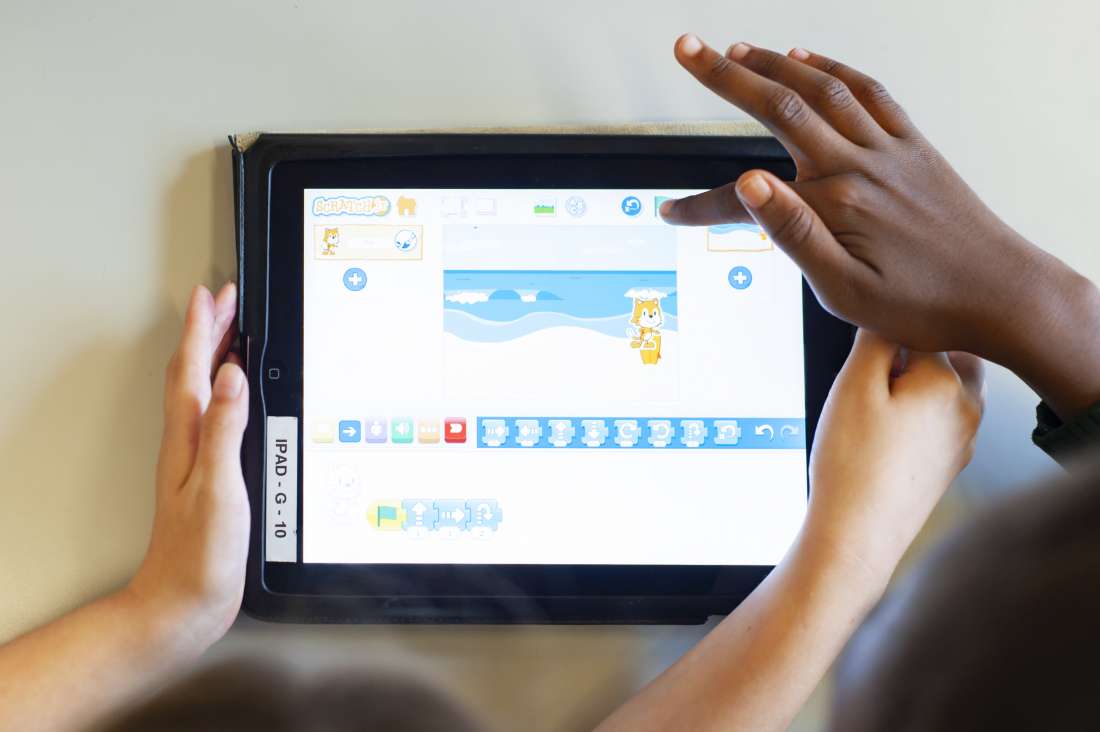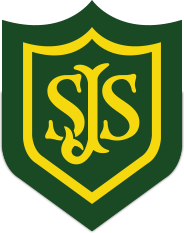Online Safety
Online Safety
Online Safety In our rapidly changing world of technology, we recognise that online safety is an increasingly important part of our pupil’s education. Online safety is embedded into our computing…

Online Safety
Online Safety
Online Safety In our rapidly changing world of technology, we recognise that online safety is an increasingly important part of our pupil’s education. Online safety is embedded into our computing…
Online Safety
In our rapidly changing world of technology, we recognise that online safety is an increasingly important part of our pupil’s education. Online safety is embedded into our computing policy and is an integral part of the computing curriculum, taught explicitly in first lesson of each half term and continued to be touched upon in every lesson. It is very much informed by our strategy of making Safeguarding central to everything we do.
At St. John’s, we recognise the importance of ensuring that our pupils understand how to stay safe in a world where technology and the internet play an increasing part in daily life. We recognise that many of our pupils want to use the latest ways of gaming, messaging, sharing and exchanging photos; this invariably involves access to the internet and inevitably encounters with people outside of their immediate environment and experience.
The computing curriculum includes regular lessons on how to engage positively with the Internet and other communication technology. Lessons are taught in an age-appropriate and relevant context and include topics such as:
- how to safeguard their online identity and reputation;
- how to protect themselves from encountering inappropriate content/contact and how to respond, should it happen;
- how to behave in a responsible way that makes the Internet a safe place for others;
- how laws around data-protection and copyright apply to themselves and others.
Top tips for keeping safe online:
- Don’t click on something you don’t recognise;
- Be careful what you share;
- Once something is online, it’s out of your control. If you don’t want your parents or teachers to see it, don’t post it;
- Don’t meet people you don’t know in person;
- Even if you get on with them online, you never know who they really are;
- Use a complex password;
- It should be hard for other people to guess your password and it’s a good idea to change it regularly;
- Check your privacy settings;
- Check who can see what you post and whether your accounts are public or private;
- Talk about it;
- If you see something online that makes you upset or uncomfortable, talk to an adult you trust;
- Recommended websites for further information around e-safety are listed below;
In addition, online safety messages are delivered across the curriculum and during Worship sessions. The school also participates in the annual National Safer Internet Day.
By the time children leave St. John’s, they will have developed a broad range of the transferable skills and knowledge required to succeed in a technologically-centred world. Children will have a solid foundation in the skills needed to adapt to future developments in this area.
KS1 Pupil Acceptable Use Policy 2025
KS2 Pupil Acceptable Use Policy 2025
Parent/Carer Acceptable Use Policy 2025
Help your child stay safe on social networks, apps and games
Click here to go to the NSPCC’s Share Aware page, to find out all about internet safety for your child.
The purpose of the guide is to provide you with the information you need to understand your child’s online world and help keep your child safe. We’re encouraging parents to explore what other parents and children are saying about the sites, and form their own views about the appropriateness of popular sites.
Further Information for Parents
how-to-set-up-parental-controls-for-apps-android-phone
how-to-set-up-parental-controls-for-apps-iphone
parents-need-to-know-about-appropriate-content
keeping-children-safe-from-cyber-crime
Parents Information on Gaming and Apps Online
what parents need to know about Roblox
what parents need to know about age ratings
what parents need to know about WhatsApp
what parents need to know about YouTube
what parents need to know about Rocket League
what parents need to know about Tik-Tok
what parents need to know about Five Nights at Freddies
what parents need to know about Among Us
what parents need to know about Discord
what parents need to know about Snapchat
what parents need to know about Fortnite Battle Royale

